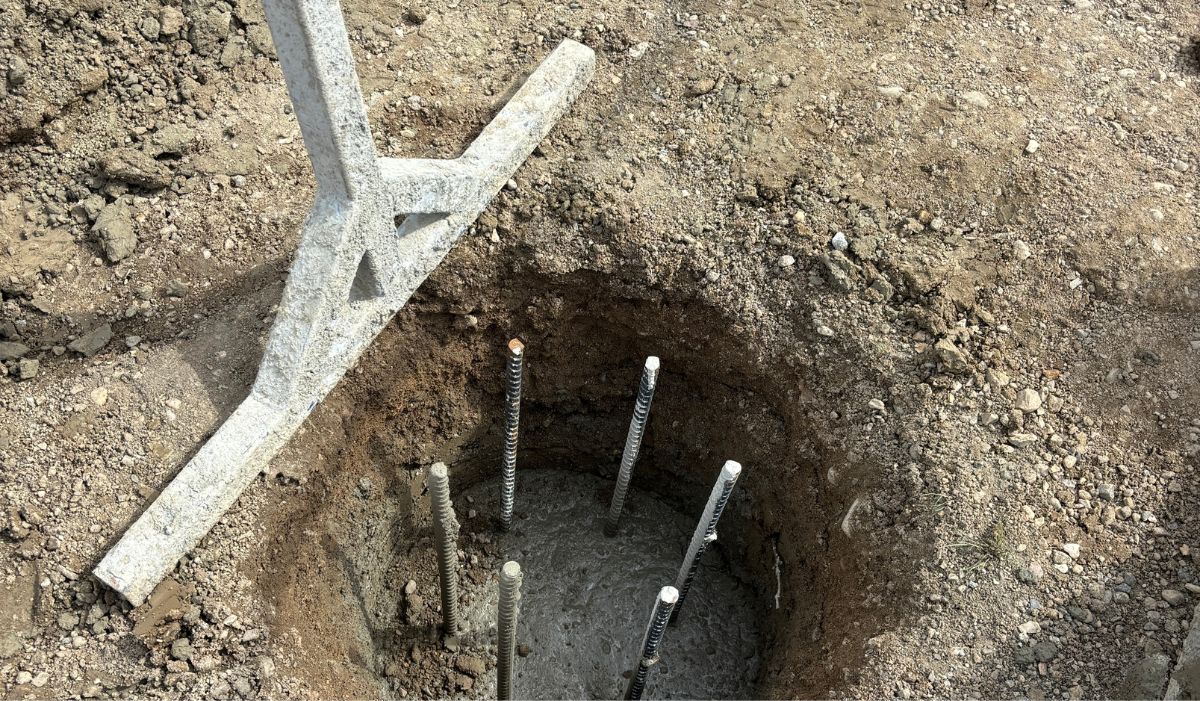Which Trades are Essential for Agriculture Construction Projects?
Agriculture construction projects are multifaceted and require the collaboration of various trades to ensure their success. From the groundwork to the finishing touches, each trade plays a critical role in developing functional and sustainable agricultural structures. This guide aims to provide an overview of the essential trades that are indispensable for agriculture construction projects.
Site Preparation and Surveying
Site preparation and surveying experts are necessary to evaluate the land’s suitability for agriculture construction. They help in designing the layout and ensuring the land is ready for construction work.
These specialists conduct a detailed survey of the site to gather crucial data. This includes soil quality, topography, and existing vegetation. With this information, they can advise on the best ways to prepare the site for construction, taking into account any environmental regulations that need to be followed.
Site surveyors use advanced tools and technologies like GIS (Geographic Information Systems) to create accurate maps and plans. This detailed information becomes the blueprint for the entire project, guiding every subsequent step.
Another important role of site preparation and surveying specialists is to identify any potential obstacles. Whether it’s a slope that needs grading or a hidden water source, early identification helps in mitigating issues that could delay the project or increase costs.
Earthmoving and Excavation
Earthmoving and excavation professionals are crucial for creating a solid foundation. They handle tasks like grading, trenching, and soil removal, which are fundamental to any construction project.
These experts use heavy machinery such as bulldozers, backhoes, and excavators to reshape the land. The purpose of this reshaping is to create a level surface, which is critical for the structural integrity of any building.
In agriculture construction, proper earthmoving and excavation ensure efficient water drainage, which is vital for both crop health and long-term soil stability. Poor drainage can lead to waterlogging, affecting the lifespan and functionality of agricultural structures.
Concrete and Masonry
Concrete and masonry workers build the core structure of agricultural buildings, such as barns and storage facilities. Their work ensures stability and durability, forming the backbone of the project.
Concrete is a versatile material beloved in agriculture construction for its strength and longevity. From pouring foundations to constructing concrete walls and floors, these tradespeople ensure the structures can withstand heavy use and harsh weather conditions.
Masonry workers often build frame walls, chimneys, and other infrastructural elements using bricks or stones. These materials not only add to the durability but also offer aesthetic appeal and insulation benefits, which can be crucial in creating energy-efficient agricultural facilities.
In some projects, specialized concrete formulations are used to enhance properties like resistance to chemicals or extreme temperatures. These formulations require skilled workers who understand the nuances of working with each type of concrete.
Carpentry
Carpenters are essential for constructing wooden frameworks and providing finishing touches. They are involved in building elements like roof trusses, doors, and window frames.
The framework created by carpenters serves as the skeleton of the agricultural buildings. This skeletal structure includes beams, columns, and rafters, essential for supporting the roof and walls.
Carpentry is not just about functionality; it also involves aesthetic aspects. Skilled carpenters create beautiful woodwork that adds to the overall look and feel of the agricultural facilities. They also ensure that all the fittings meet safety standards.
In addition to new constructions, carpenters are often involved in renovation projects. They repair and replace old wooden structures, thereby maintaining the integrity and safety of the facility.
Plumbing
Plumbers ensure that all water systems, including irrigation and waste management, are properly installed and functional. Their skills are indispensable for maintaining the flow and quality of water within the facility.
Effective irrigation systems are critical in agriculture. Plumbers design and install systems that distribute water evenly across the fields, ensuring that crops get the right amount of water at the right time.
Waste management is another crucial aspect that plumbers handle. Properly installed drainage and waste disposal systems prevent contamination and promote a healthy environment for both crops and livestock.
Plumbers work closely with other trades to integrate water systems into the overall design. This collaboration ensures that all systems function seamlessly, contributing to the efficiency and sustainability of the agricultural facility.
Electrical Work
Electricians install and maintain the electrical systems required to power various agricultural equipment and facilities. This includes lighting, ventilation systems, and machinery.
Electricians are responsible for laying out wiring and setting up electrical panels. These panels control the distribution of electricity to different parts of the facility, ensuring that everything from lights to large machinery operates smoothly.
In modern agriculture construction, electricians often integrate smart technologies. These technologies allow for the automation of tasks like irrigation, feeding, and climate control, improving overall operational efficiency.
Safety is a primary concern in electrical work. Electricians follow stringent safety standards to prevent accidents and ensure the longevity of electrical systems. Regular maintenance checks are also performed to catch any potential issues early.
HVAC Technicians
HVAC technicians are important for creating a controlled environment, which is vital for crop storage and livestock welfare. They install and maintain heating, ventilation, and air conditioning systems.
A well-regulated climate is crucial in agricultural settings. HVAC systems ensure that temperature and humidity levels are kept within optimal ranges, which is particularly important for storing perishable crops.
For livestock facilities, HVAC systems contribute to the animals’ health and productivity. Good air circulation reduces the risk of disease and improves overall living conditions, leading to higher yields.
HVAC technicians also play a role in energy efficiency. By installing energy-efficient systems and conducting regular maintenance, they help reduce operational costs and the facility’s environmental footprint.
Specialized Technicians
Specialized technicians, such as those working with renewable energy systems or advanced farming technologies, play a crucial role in modern agriculture construction projects. They help integrate sustainable practices and innovative solutions.
Renewable energy technicians install systems like solar panels and wind turbines, which can significantly reduce the facility’s reliance on non-renewable energy sources. This not only cuts down on costs but also promotes environmental sustainability.
Technicians specializing in advanced farming technologies implement systems for automated feeding, data collection, and remote monitoring. These technologies enable precise control over farming operations, leading to increased efficiency and productivity.
The integration of these advanced systems requires a deep understanding of both technology and agriculture. Specialized technicians work closely with other trades to ensure that all systems are compatible and operate seamlessly within the farm’s infrastructure.
The Importance of Collaboration in Agriculture Construction
A successful agriculture construction project relies on the harmonious collaboration of various trades. From site preparation to electrical system installation, each trade contributes distinct expertise crucial to creating efficient and sustainable agricultural facilities. Understanding the importance of these trades helps in planning and executing agriculture construction projects more effectively.



